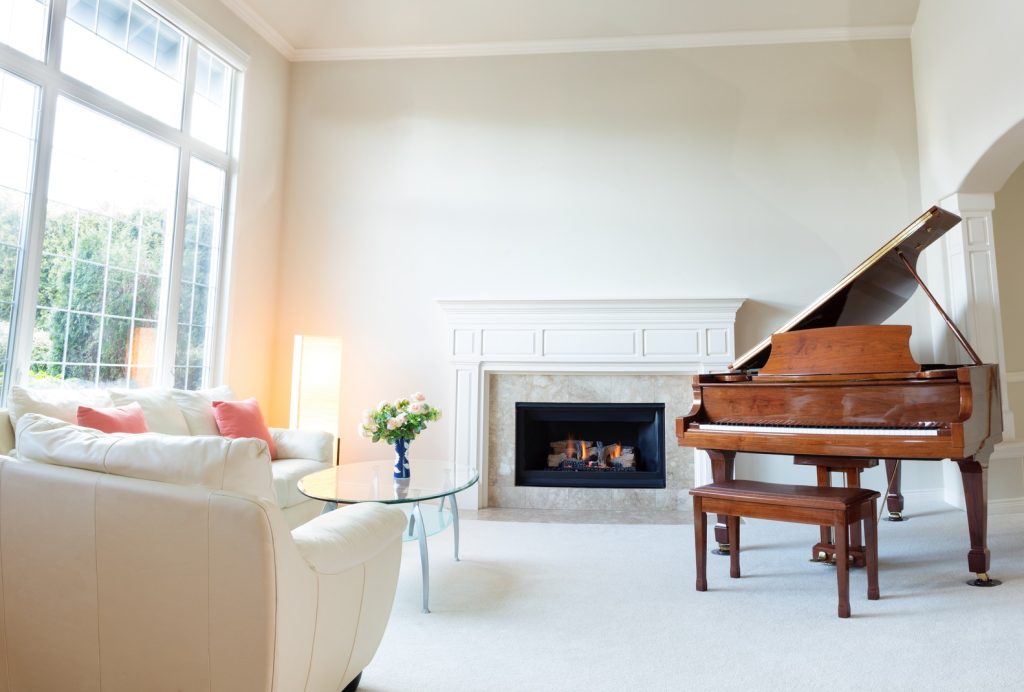Some people are serious pianists and some have children that are starting out with this magnificent instrument. Either of these categories has no doubt heard about the specialist carrying required from piano moves in NZ and the maintenance schedule for a piano. But did you know that the position of your melodic instrument in your destination home is arguably more important than carrying and care?
Why Is The Piano Position Important?
Believe it or not, the position in a room has a significant impact on sound and the lifespan of the piano and, ultimately, your enjoyment of it and its resale value. Piano positions will, of course, be informed by the structural parameters of your home but we urge you to push for the prime position. One or two compromises might still make the piano performance and condition viable but more than that and the performance will be sub-optimal and the structural integrity of the instrument could be threatened as well.Which Place, Room & Piano?
Let’s start with the Grand pianos – These pianos serve you well when their straight side (bass side) is parallel to an inner wall – away from fenestrations, air vents, fireplaces, heaters, air conditioners, etc. Their position should allow the pianist to face into the room as opposed to a wall. The low-frequency, bass sound waves will reverberate off the wall into the rest of the room while the treble will have a clear path into the room’s atmosphere. If a parallel alignment to an inner wall is not viable, due to a doorway or column, etc, then a grand piano can be positioned at 45 degrees to a corner.The Keep Away List
Remember to always keep any piano away from windows, fixed glass panels to the exterior, sunlight, air vents, heaters, air conditioners and exterior doors (and preferably all doors). Next, upright pianos – their rear facade prefers to be parallel to an inner wall and they have the exact same “keep away from” list as above. The air vents and doorways listed are due to the impact that a constant movement of air currents has on the fluctuation of temperatures and moisture levels. This, in turn, ages your piano.Pianos In The Middle Of The Room
A piano placed “in the middle” of a room without structural boundaries for bass amplification will not produce an optimal sound and will be under greater physical strain. There are anomalies in the placement of pianos “in the open” section of a room if:- The entire room has hardwood floors, or
- High ceilings, and
- Has acoustic surroundings added with the advice of a sound technician

